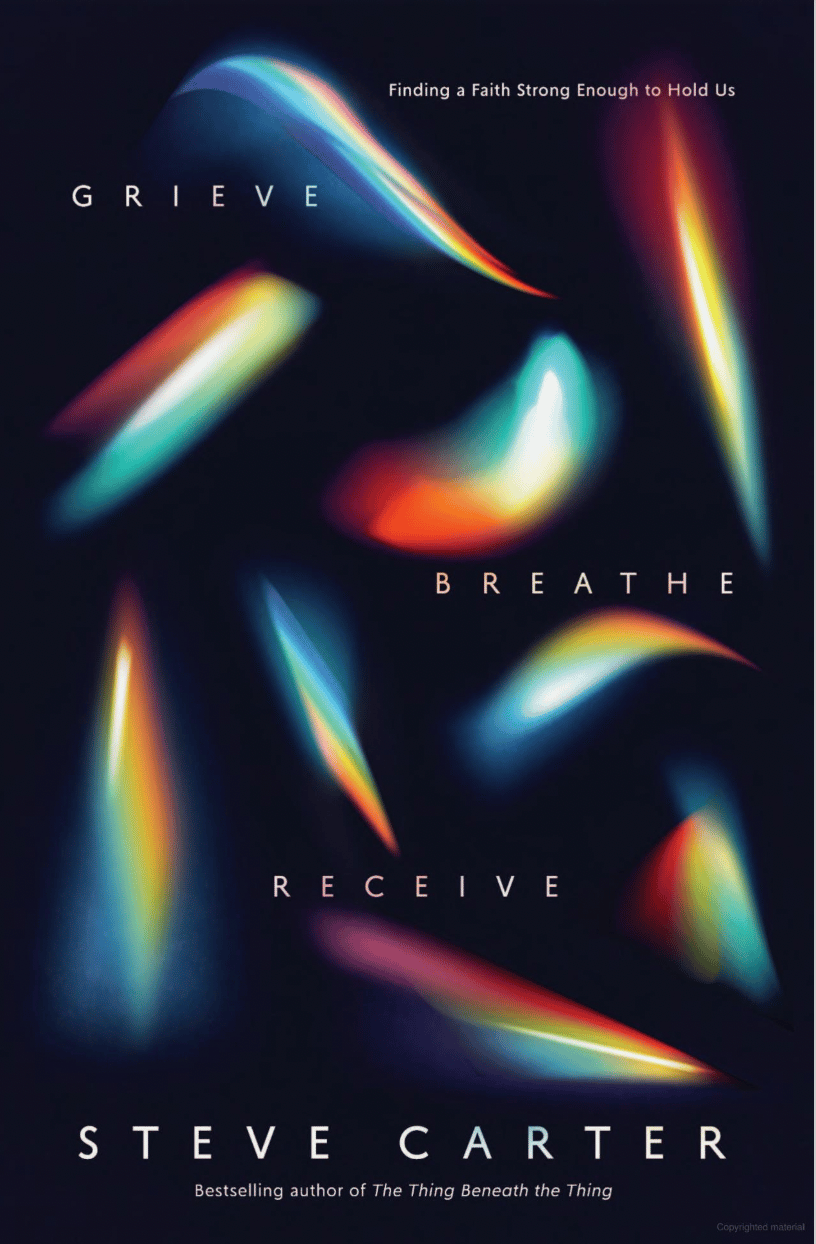Pssst… I’m releasing a course on “How to Build a Book Proposal.” To be first in line, and get a discounted price, join the waitlist here.
A few years ago, my friend Steve was preparing to launch his new book.
The manuscript was finished.
Preorders were pouring in.
His publisher was excited.
But there was a problem: Steve knew he couldn’t publish it.
Months earlier, a scandal had exploded at his church, due to the actions of his mentor, leaving Steve to field the fallout and absorb the angry shrapnel of a hurting congregation. It was a big church and the whole world was watching.
When some of the church’s board downplayed the damage, discounting the victims’ stories and pain, Steve resigned. He chose to forfeit a job rather than his integrity.
That’s when his publisher approached him, asking if he’d write a firsthand account of his experience. Reeling from the pain of betrayal, with no contingency plan to provide for his family, Steve agreed.
In the moment, pouring his emotions into a book seemed like an act of justice. A way to tell the truth. To call out hypocrisy. But as the dust settled, and journalists circled—eager for a juicy, pastor-tells-all exposé—Steve realized he’d made a mistake.
He’d made a hasty call in a disorienting season. He realized his book read more like an angry journal entry than a thoughtful critique. Publishing it would cause more hurt, instead of the healing he intended.
So he did what no author wants to do: he called his publisher and said, “I’m sorry, I can’t publish this. I need out of this contract.”
As you’d imagine, they weren’t thrilled. To get out of the contract, they told Steve he’d have to pay back every penny of his advance, which at the time was his only guaranteed income. It would drain his family’s savings account.
Still, he called it off. The book never happened.
When to Share Your Story
One of the hardest realities for any writer to admit is that we’re not quite ready to share our story. Sometimes the grief is too fresh. The wound is too deep. The anger is too blinding. We need time to process, cool off, heal, get perspective.
Occasionally, the greatest way to serve your readers is having the humility to hit pause, when everything in you wants to hit publish.
Wounds vs. Scars
In a recent editorial meeting, we discussed the delicate task of informing authors, “Hey, I’m glad you’re telling this story, but you may be oversharing here.” Or similarly, “This feels more like you’re getting something off your chest than saying something helpful.”
A colleague put it succinctly, “The problem arises when people write from the wound, not the scar.”
I find this distinction, between wounds and scars, quite helpful.
Admittedly, it feels good to write from the wound. To spill your guts onto the page. There’s certainly a time and place for cathartic writing, especially if it helps you process. However, like an open wound that’s left uncovered and untreated, impulsive words can turn toxic and cause harm—even when you’re trying to be honest or helpful. To write from the wound is to bleed on your readers. It’s raw and real, yes, but it’s also unsettling.
For those patient enough to wait, time transforms wounds into scars. Scars are about the long game—letting God work in you so that, eventually, your words can do a work in others. They bear witness to your suffering and the hopeful horizon beyond it.
While wounds gush with unprocessed pain, scars, on the other hand, mark the spot where hope sprouted from the hurt. If you’ve fallen into the deep valley, it’s fitting to take readers there, to let them feel the darkness. Perhaps they're there now, and need a reminder they're not alone.
But don't leave them there. Lead them back to the heights, where, glimmering faintly on the horizon, joy is spreading its light once more. Show them healing is possible, even if it's slow. Show them your scars.
Steve’s Story
I love where Steve’s humility and courage led him. Although he didn’t publish that first book, several years later, after doing the hard work of therapy, forgiveness, and lots of waiting, he released Grieve, Breathe, Receive—a memoir that documents his difficult experiences, while offering readers redemptive glimpses of how God met him along the journey.
My friend, if you need time to heal, honor that. Your scars will dignify the pain of your former wound, but in a way that spreads life, not infection.
Whenever you share part of your story—especially those moments you’ve been hurt or provoked—consider: Is this a wound or a scar? Am I ready to tell this story or do I need more time?
I’m rooting for you,
Will
PS - Hey if you missed the news, I’m rolling out a course on “How to Build a Book Proposal” that stands out. Join the waitlist here.
Will is the founder of Writers Circle, a community to help writers sharpen their skills and publish their work for the glory of Jesus. He is a senior editor at Waterbrook and Multnomah—an imprint of Penguin Random House.







My novel took 30 years of writing and rewriting to write out of scars. The process brought me to forgiveness. This looks like a good read.
The title of this piece is a question I ask myself often. While writing from the scar rather than the wound and in a grounded place, the reality remains that no story exists in isolation. When we tell our stories, even with anonymizing names, we reveal truths about intersecting lives. Determining when and how much to risk this collateral damage - particularly when forgiveness has truly created something new - is every non-fiction writer's dilemma.